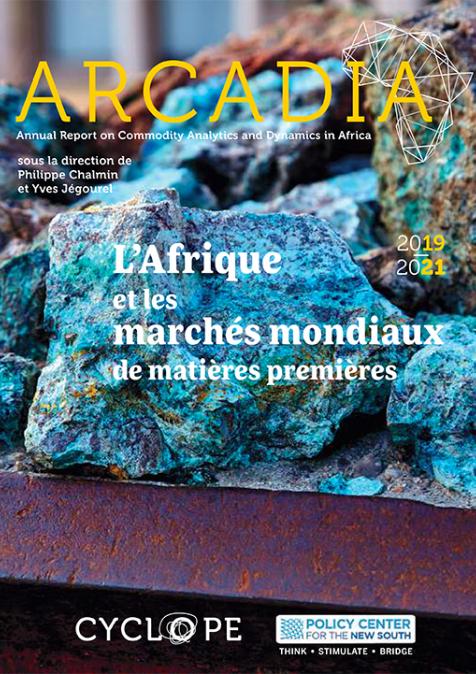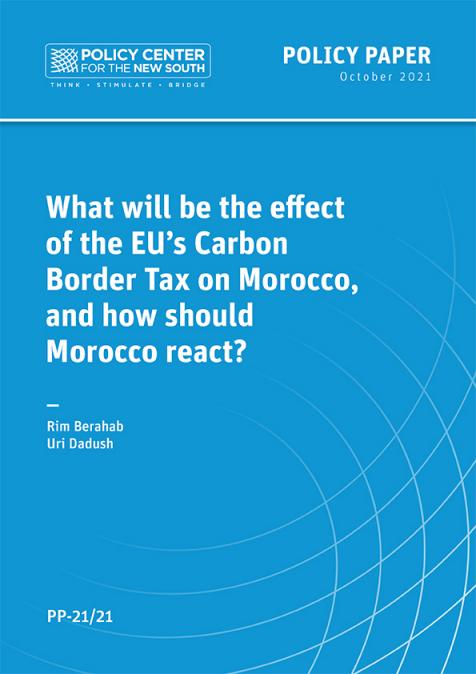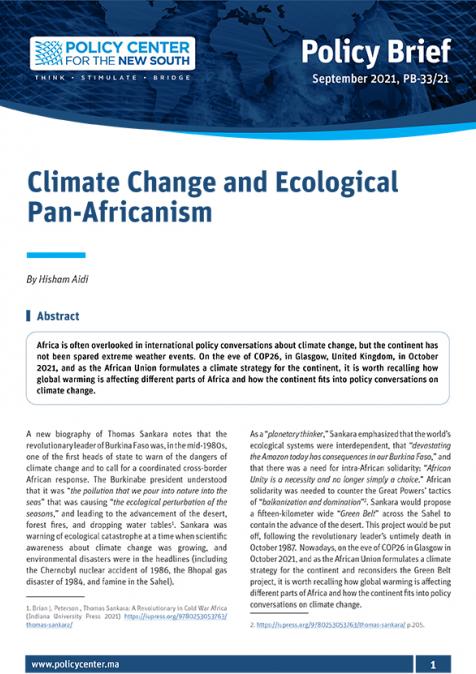Podcasts
The Road to Marrakech: Key Issues for COP22
Related topics:
This podcast is performed by Laura El Katiri. Climate change is an increasingly integral part of our reality. Over the coming decades, global warming will affect our socio-economic development, human health, our availability of food, water along with our ecosystems and wildlife, more than we are likely able to imagine. The Paris Agreement, adopted last year in December at 21st session of Conference of the Parties (COP 21) by 196 parties (195 countries and the European Union) to the UN Framework Convention on Climate Change (UNFCCC) constitutes by the views of many a landslide agreement in global efforts to mitigate climate change, as well as prepare societies through adaptive action to the likely negative consequences we are yet to encounter even if mitigation efforts succeed in limiting global warming to the below-2°C target.








